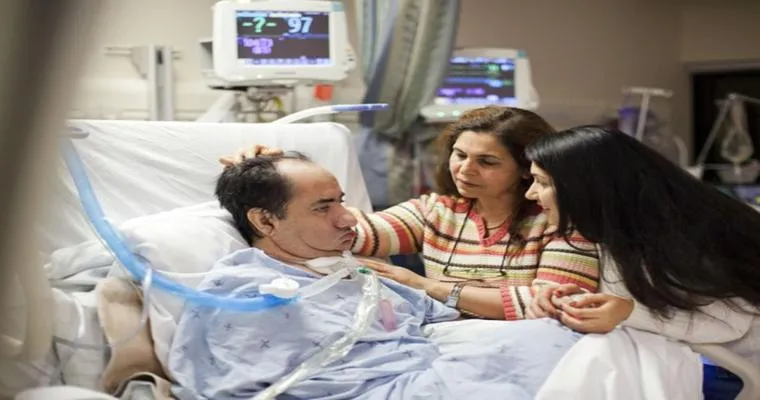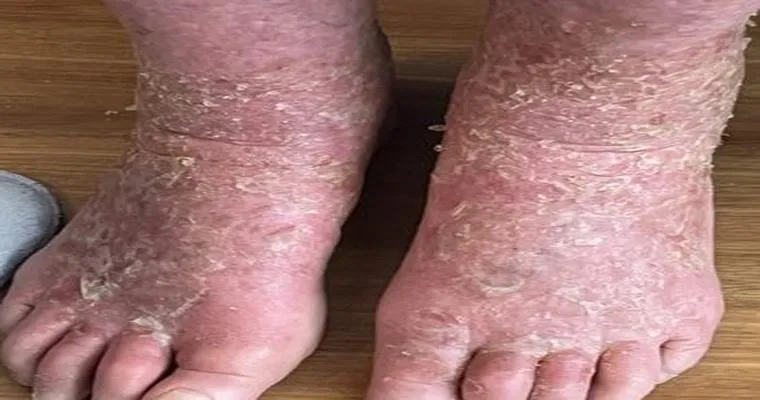Dealing with a loved one in hospice care can be an incredibly emotional and challenging experience, especially when you are witnessing "serious health issues" like a "bedsore". My dad is 81 and has been on hospice for three months now. It is heartbreaking to see him suffering from a severe bedsore, and I feel increasingly frustrated that the "hospice nurse" never checks him for these critical issues. This article aims to shed light on the importance of regular care and monitoring in hospice settings and what steps you can take if you find yourself in a similar situation.
Hospice care is designed to provide comfort and dignity to patients in their final stages of life. Ideally, it should include regular assessments of the patient's overall health, including skin integrity. However, when caregivers neglect to monitor patients for conditions like bedsores, it raises serious concerns about the quality of care being provided.
Understanding Bedsores
A "bedsore", also known as a pressure ulcer, occurs when prolonged pressure on the skin reduces blood flow to the area. This can happen easily in patients who are bedridden or have limited mobility, making them particularly vulnerable. These sores can lead to severe complications, including infections, and can significantly affect the quality of life for patients in hospice care.
The Role of Hospice Nurses
Hospice nurses play a critical role in managing the care of patients. They are responsible for assessing their physical condition, managing symptoms, and providing necessary interventions. Unfortunately, in my dad's case, it appears that there has been a failure to perform these essential duties. It is vital for families to advocate for their loved ones and ensure that they receive the appropriate level of care.
Steps to Take if You Are Concerned
If you find yourself in a situation similar to mine, here are some steps you can take:
1. "Communicate with the Hospice Team": Speak directly with the hospice nurse or the care team about your concerns regarding your loved one's condition. Be specific about the issues you have observed, such as the bedsore and lack of monitoring.
2. "Document Everything": Keep a detailed record of your father's condition, including the size and severity of the bedsore, any changes you notice, and interactions with the hospice staff. This documentation can be vital if you need to escalate your concerns.
3. "Consult the Hospice Care Plan": Review the care plan established for your father. This plan should outline the frequency and type of assessments and interventions that are expected.
4. "Seek a Second Opinion": If you feel that your concerns are not being addressed, consider contacting another healthcare provider for a second opinion on your father's condition.
5. "Contact the Hospice Administrator": If your concerns remain unaddressed, escalate the matter to the hospice administrator. They have the authority to ensure that adequate care is being provided.
6. "Know Your Rights": As a family member, you have the right to advocate for your loved one's care. Familiarize yourself with the rights of hospice patients and their families to ensure your dad receives the attention he deserves.
Conclusion
Navigating hospice care can be an emotional journey filled with uncertainties and challenges. Witnessing your loved one suffer from a "serious bedsore" due to inadequate monitoring can be distressing. It is crucial for families to be vigilant and proactive in advocating for their loved ones' care. By communicating effectively with the hospice team and taking the necessary steps to ensure quality care, you can help improve the situation for your loved one. Remember, you are not alone in this journey, and there are resources available to support you during this difficult time.





